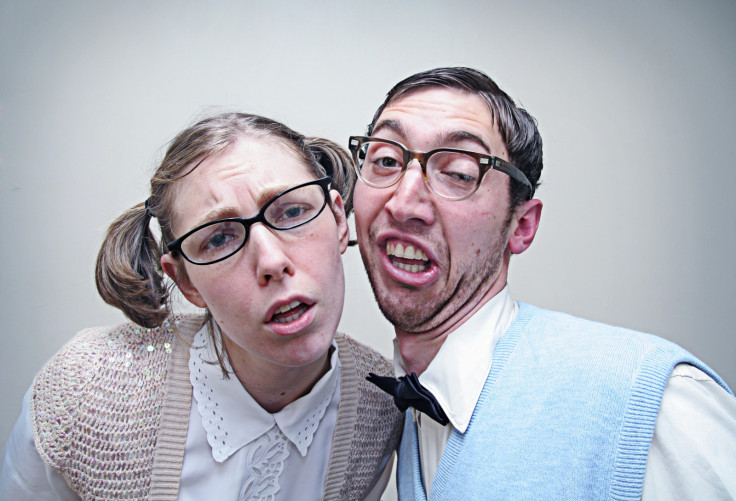The secret to looking attractive? Stand next to someone who is not
A psychologist has found out that how we perceive people's appearance is not fixed but depends on the context.

How we perceive a person's attractiveness depends on who they are standing with, a scientist has said. He has shown that an averagely attractive face is viewed as more beautiful when it is surrounded by faces that are considered "undesirable".
We tend to judge people's appearance as something that is fixed – if we find someone attractive we expect to also find them attractive the next day.
"Until now, it's been understood that a person's level of attractiveness is generally steady. If you saw a picture of George Clooney today, you would rate him as good-looking as you would tomorrow", says study author Dr Nicholas Furl, of Royal Holloway.
"However, this work demonstrates that the company we keep has an effect on how attractive we appear to others".
But in a society that is increasingly obsessed with appearances and people are often judged by their looks, the study, published in the journal Psychological Science, wanted to get a better sense of how we measure and understand attractiveness.
Pretty face in the middle of a crowd
Participants were asked to rate levels of attractiveness in different pictures of faces. In a first experiment, they were asked to reassess the same faces next to other faces manipulated by the researcher to look "undesirable". Levels of attractiveness were rated higher than at the beginning, suggesting that people were found more attractive when they were compared to less attractive peers.
In a second experiment, the study participants were presented with two attractive faces, alongside a 'distractor' face, perceived as less desirable. Here, the presence of the less attractive face appeared to make the viewers more critical when comparing the two attractive faces.
"The presence of a less attractive face does not just increase the attractiveness of a single person, but in a crowd could actually make us even more choosey! We found that the presence of a 'distractor' face makes differences between attractive people more obvious and that observers start to pull apart these differences, making them even more particular in their judgement," Furl says.
This research thus shows that how we perceive beauty and attractiveness isn't fixed but closely depends on the context. More research will be needed in coming years to better understand how we decide who we are attracted to – and who we associate with, to boost our self-confidence.
© Copyright IBTimes 2025. All rights reserved.






















